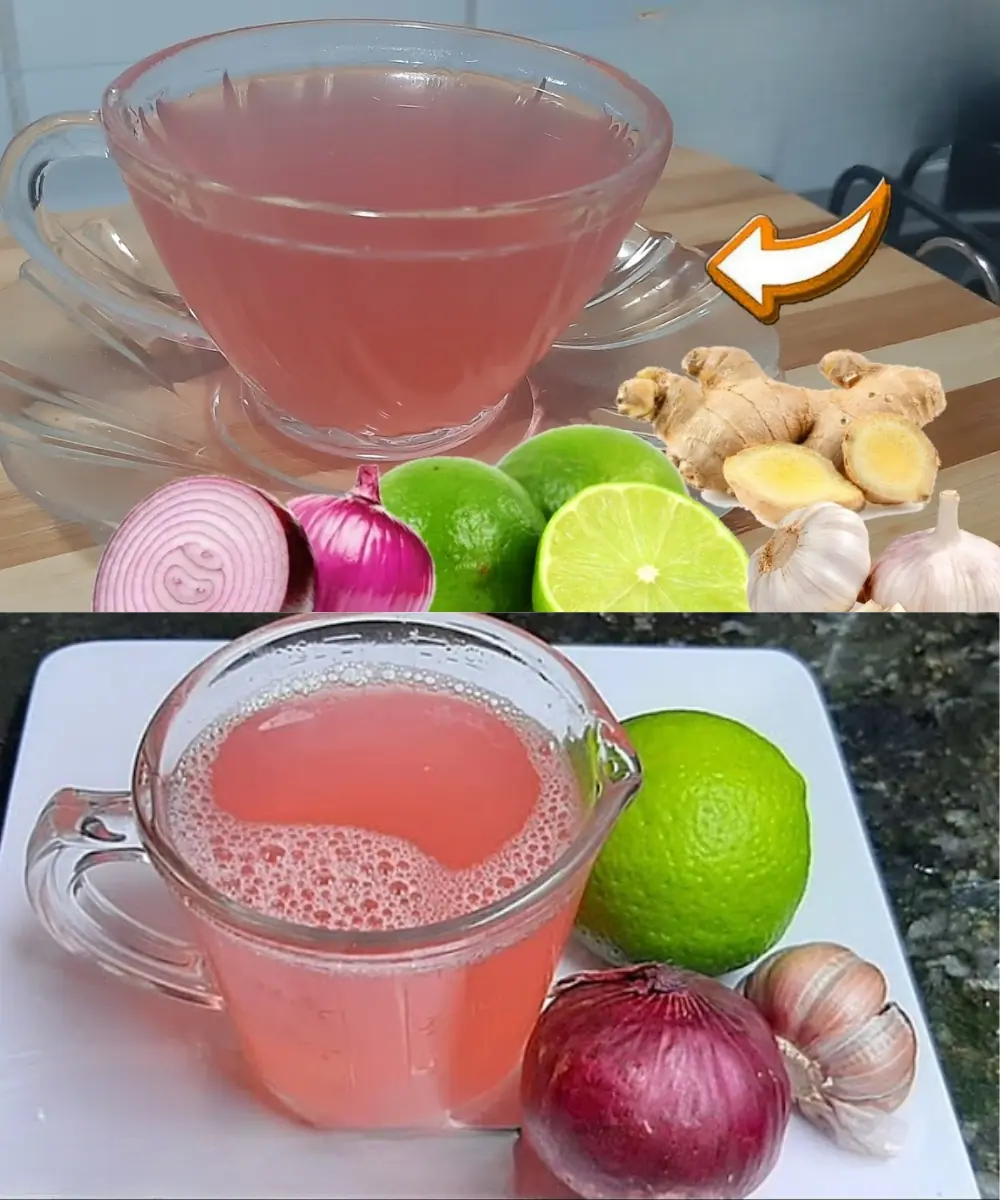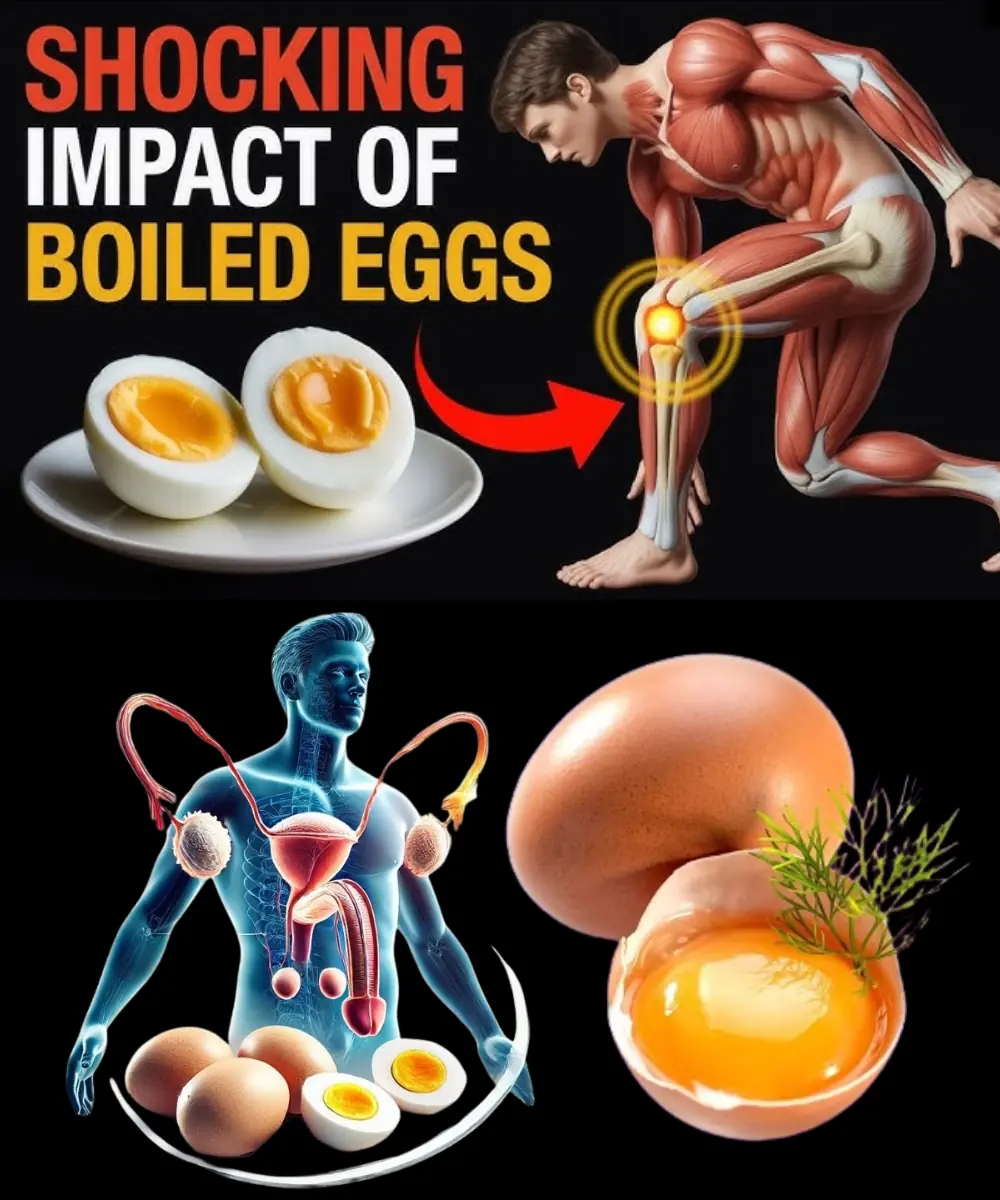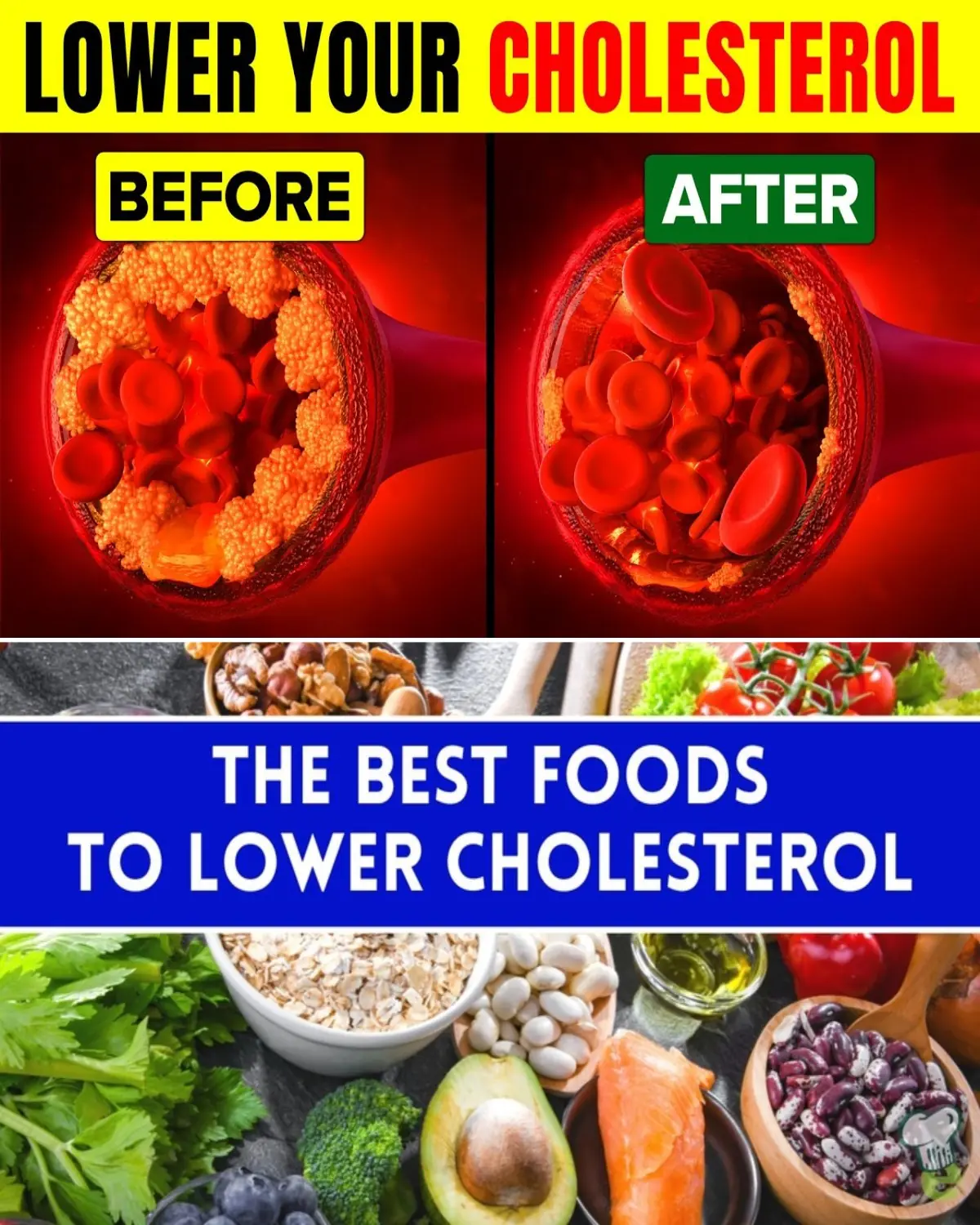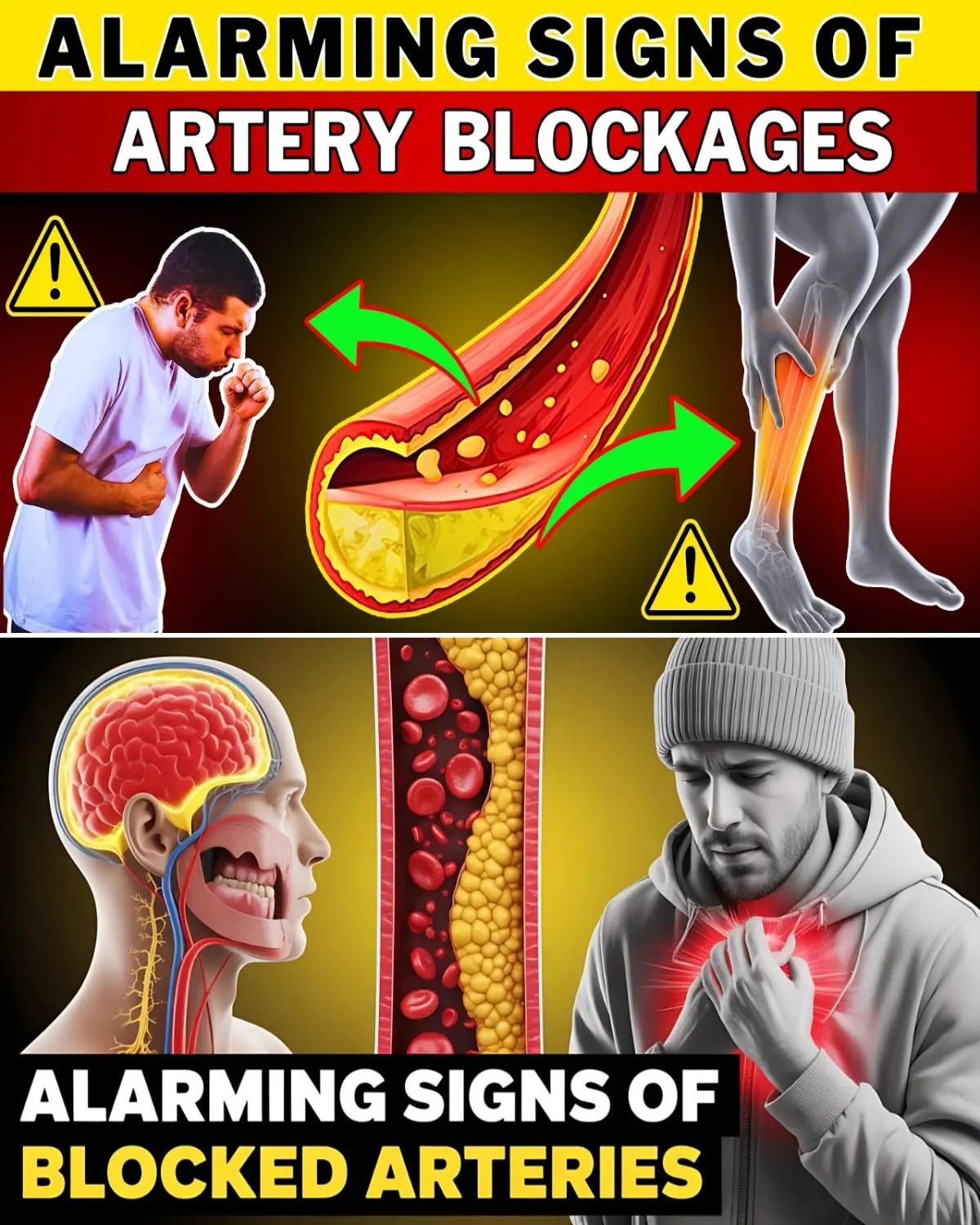
Healthy 2025-03-03 22:36:04
10 Foods That Are Making Your Belly Bigger

If you’re struggling with belly fat or bloating, certain foods might be contributing to the problem. While no single food is solely responsible for weight gain, some foods can cause inflammation, water retention, or fat accumulation around the midsection.
While cutting out these foods entirely isn’t necessary, being mindful of portion sizes and frequency can help you manage belly fat and bloating. Focus on a balanced diet rich in whole, unprocessed foods, and pair it with regular physical activity for optimal results. Remember, consistency is key when it comes to achieving a healthier body composition!
Here are 10 foods that may be making your belly bigger:
1. Sugary Beverages (Soda, Energy Drinks, Sweetened Coffee)
- Why It’s a Problem : Sugary drinks like soda, energy drinks, and sweetened teas are loaded with high-fructose corn syrup or sucrose. These sugars are quickly absorbed by the body, leading to insulin spikes and fat storage, particularly around the abdomen.
- What to Do Instead : Opt for water, sparkling water, herbal teas, or unsweetened beverages.
P.S. Take a look at the 5 veggies that boost female metabolism and burn off lower belly fat.
2. Refined Carbohydrates (White Bread, Pasta, Pastries)
- Why It’s a Problem : Refined carbs are stripped of fiber and nutrients, causing rapid spikes in blood sugar and insulin levels. This can lead to increased hunger, overeating, and fat storage in the abdominal area.
- What to Do Instead : Choose whole grains like quinoa, brown rice, oats, or whole wheat bread.
3. Processed Meats (Bacon, Sausage, Hot Dogs)
- Why It’s a Problem : Processed meats are often high in sodium, unhealthy fats, and preservatives like nitrates. These can contribute to bloating, water retention, and visceral fat accumulation.
- What to Do Instead : Opt for lean proteins like chicken, turkey, fish, or plant-based protein sources like beans and lentils.
4. Alcohol (Beer, Cocktails, Sugary Mixers)
- Why It’s a Problem : Alcohol is high in empty calories and can impair your liver’s ability to metabolize fat. Beer, in particular, is associated with “beer belly” due to its high calorie and carbohydrate content.
- What to Do Instead : Limit alcohol consumption or choose lower-calorie options like dry wine or spirits mixed with soda water.
5. Trans Fats (Fried Foods, Packaged Snacks, Margarine)
- Why It’s a Problem : Trans fats, found in many processed and fried foods, are linked to inflammation, insulin resistance, and increased belly fat. They also raise bad cholesterol (LDL) while lowering good cholesterol (HDL).
- What to Do Instead : Avoid foods with “partially hydrogenated oils” on the label and opt for healthy fats like avocados, nuts, seeds, and olive oil.
6. Dairy Products (For Lactose-Intolerant Individuals)
- Why It’s a Problem : For people who are lactose intolerant, consuming dairy products like milk, cheese, and ice cream can cause bloating, gas, and water retention due to difficulty digesting lactose.
- What to Do Instead : Try lactose-free alternatives like almond milk, oat milk, or coconut yogurt.
7. Artificial Sweeteners (Found in Diet Soda, Low-Calorie Snacks)
- Why It’s a Problem : Artificial sweeteners like aspartame, sucralose, and saccharin can disrupt gut bacteria and lead to bloating, cravings, and even weight gain. Some studies suggest they may increase appetite and fat storage.
- What to Do Instead : Use natural sweeteners like stevia, monk fruit, or small amounts of honey.
8. High-Sodium Foods (Chips, Pretzels, Canned Soups)
- Why It’s a Problem : High-sodium foods cause water retention, leading to bloating and puffiness, especially around the belly. Processed snacks, canned soups, and fast food are common culprits.
- What to Do Instead : Choose low-sodium options and flavor foods with herbs, spices, or lemon juice instead of salt.
9. Fast Food (Burgers, Fries, Fried Chicken)
- Why It’s a Problem : Fast food is typically high in calories, unhealthy fats, refined carbs, and sodium. These factors contribute to weight gain, inflammation, and visceral fat accumulation.
- What to Do Instead : Prepare meals at home using fresh, whole ingredients, or choose healthier fast-food options like grilled chicken salads.
10. Excessive Fruit Juice (Even 100% Natural Juices)
- Why It’s a Problem : While fruit juice may seem healthy, it’s often high in sugar and lacks the fiber found in whole fruits. Drinking large quantities can lead to blood sugar spikes and fat storage.
- What to Do Instead : Eat whole fruits instead of drinking juice, or dilute juice with water to reduce sugar intake.
News in the same category


Don’t Drink Coconut Water Before You Know These 11 Secrets!

Pumpkin Seed Milk — The Natural Parasite Cleanser

Fast Rice Water Trick for a Brighter Smile

Morning Drink to Revive Your Kidneys Fast

The Onion Recipe That Could Transform Your Blood Sugar, Support Cleaner Arteries, and Protect Your Heart!

Top 4 Fruits That Help Your Kidneys Flush Out Toxins While You Sleep

Ginger, Clove, and Honey: The Natural Trio Your Body Will Thank You For

Heal 15 Years of Joint Pain Naturally with Turmeric and Honey Tea

This Juice Revived My Grandma’s Energy — Say Goodbye to Fatigue and Body Pain with This Natural Recipe

I’m 66 but Look 36 — My Secret? Aloe Vera & Ginger for Firm, Smooth Skin

How to Make Okra Water to Treat 17 Health Problems Naturally

Banana and Egg Mask to Look Younger Even in Your 80s

Scent Leaf Secrets Unveiled: 10 Surprising Health Benefits of This Miracle Herb

From White Hair to Black Hair Naturally in Just 5 Minutes — Fast Hair Growth Remedy

Boost Your Immune System Year-Round with Garlic, Onion, and Lemon

When You Start Eating 2 Eggs Every Day, Here’s What Happens to Your Body (Is It BAD??)

13 Warning Signs Your Kidneys Are Failing – Don’t Ignore These Symptoms

Save Your Heart: 8 Foods to Naturally Lower Cholesterol

Silent Signs of Artery Blockages Seniors Can’t Ignore
News Post

WHAT HAPPENS WHEN WE TONGUE KISS…See more
Fitness 30/10/2025 13:23

Nature’s Secret: 4 Healing Leaves That Support Metabolism, Immunity & Circulation Naturally
Healthy 27/10/2025 19:23

Don’t Drink Coconut Water Before You Know These 11 Secrets!
Healthy 27/10/2025 19:21

Pumpkin Seed Milk — The Natural Parasite Cleanser
Healthy 27/10/2025 19:19

Fast Rice Water Trick for a Brighter Smile
Healthy 26/10/2025 22:42

Morning Drink to Revive Your Kidneys Fast
Healthy 26/10/2025 22:38

The Onion Recipe That Could Transform Your Blood Sugar, Support Cleaner Arteries, and Protect Your Heart!
Healthy 26/10/2025 22:37

Top 4 Fruits That Help Your Kidneys Flush Out Toxins While You Sleep
Healthy 26/10/2025 22:35

Ginger, Clove, and Honey: The Natural Trio Your Body Will Thank You For
Healthy 26/10/2025 19:06

Heal 15 Years of Joint Pain Naturally with Turmeric and Honey Tea
Healthy 26/10/2025 19:04

This Juice Revived My Grandma’s Energy — Say Goodbye to Fatigue and Body Pain with This Natural Recipe
Healthy 26/10/2025 19:02

The Benefits of Eating 2 Boiled Eggs Every Morning: Transform Your Health!
Health News 26/10/2025 01:57

If Your Kidneys Are in Danger, Your Body Will Send You These 8 Signals — Don’t Ignore Them
Health News 26/10/2025 01:54

The Surprising Effects of Avocado on Your Heart and Brain
Health News 26/10/2025 01:44

Ways to Get Over a Man Who Didn’t Value You
Fun Fact 26/10/2025 01:36

I’m 66 but Look 36 — My Secret? Aloe Vera & Ginger for Firm, Smooth Skin
Healthy 25/10/2025 19:44

How to Make Okra Water to Treat 17 Health Problems Naturally
Healthy 25/10/2025 19:42

Banana and Egg Mask to Look Younger Even in Your 80s
Healthy 25/10/2025 19:29

Scent Leaf Secrets Unveiled: 10 Surprising Health Benefits of This Miracle Herb
Healthy 25/10/2025 19:24

From White Hair to Black Hair Naturally in Just 5 Minutes — Fast Hair Growth Remedy
Healthy 25/10/2025 19:22